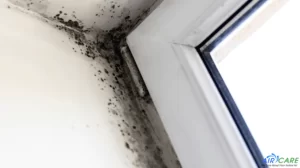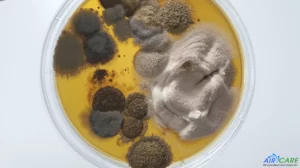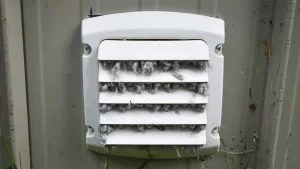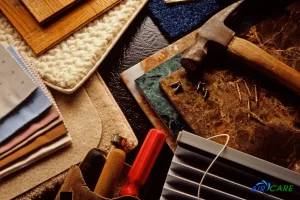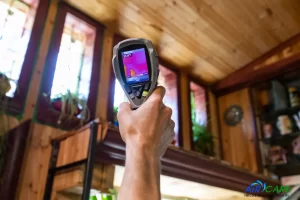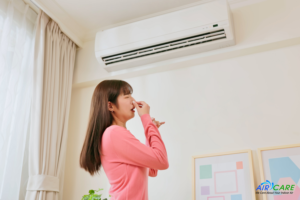The Cost of Mold Testing: Is it Worth it?
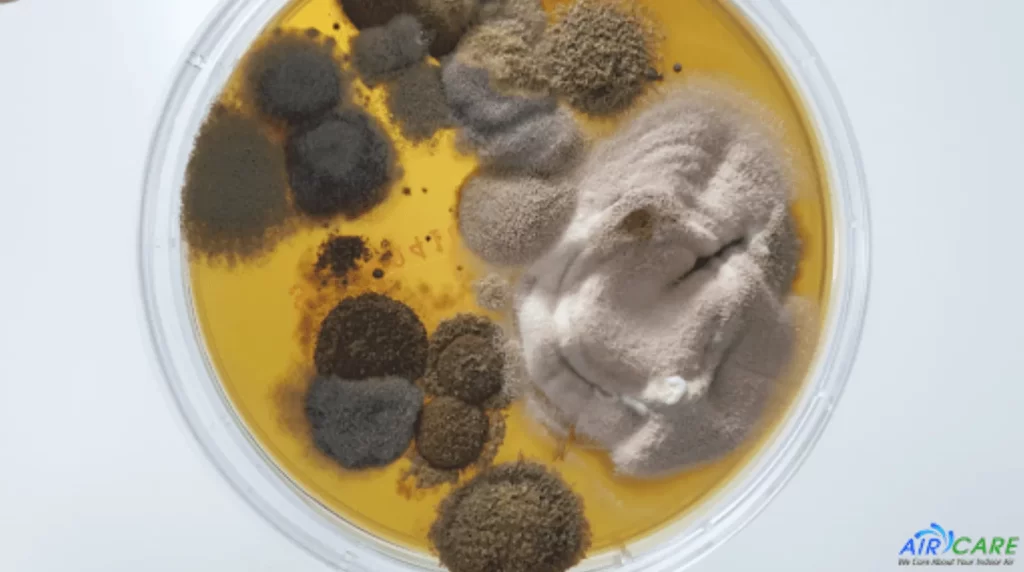
Mold is a common issue that many homeowners face. It can grow in various areas of the house, particularly in damp and humid environments, and can have detrimental effects on both the property and the health of the occupants. When faced with a potential mold problem, many homeowners consider mold testing to determine the extent of the issue and the appropriate remediation measures. However, mold testing can come with a price tag, leaving homeowners wondering if it’s worth the cost. In this article, we will explore the cost of mold testing, its benefits, and whether it is worth the investment.
Understanding Mold Testing
Mold testing involves the collection of samples from a property to identify the presence of mold and the specific types and concentrations present. These samples are then sent to a laboratory for analysis. There are different methods of mold testing, including air sampling, surface sampling, and bulk sampling. Air sampling involves collecting air samples to determine the concentration of mold spores in the air. In contrast, surface sampling involves swabbing or tape-lifting samples from surfaces suspected of mold growth. Bulk sampling involves collecting physical pieces of materials, such as drywall or insulation, for analysis.
The Cost of Mold Testing
The cost of mold testing can vary depending on various factors, including the size of the property, the number of samples needed, the testing method used, and the location. On average, homeowners can expect to spend anywhere from $300 to $1,000 for mold testing. This cost typically includes the assessment and collection of samples by a professional, as well as the analysis and reporting of the results.
Factors to Consider in Determining the Need for Mold Testing
1.)Visible Mold Growth: If you can see mold growth in your home, it may not be necessary to conduct mold testing. Visible mold growth is a clear indication of a problem that needs to be addressed, regardless of the specific types of mold present. In such cases, it is often more cost-effective to focus on remediation efforts rather than spending money on testing.
2.)Suspected Hidden Mold: Mold can also grow in hidden areas, such as behind walls, under flooring, or in HVAC systems. If you suspect hidden mold due to musty odors or water damage, mold testing can help identify the extent of the problem. Testing in these situations can be beneficial in determining the appropriate remediation steps.
3.)Health Concerns: If you or your family members are experiencing unexplained health issues, such as allergies, asthma, or respiratory symptoms that worsen when indoors, mold testing may be necessary to identify if mold is the underlying cause. Testing can help determine if there are elevated levels of mold spores in the air that may be affecting your health.
The Benefits of Mold Testing
1.)Identifying Hidden Mold: Mold testing can help uncover hidden mold growth that may not be visible to the naked eye. This is particularly important in situations where there are signs of water damage or a history of leaks, as mold may be present behind walls or in other concealed areas.
2.)Determining the Extent of the Problem: Mold testing can provide information on the concentration and types of mold present in the property. This data can help determine the extent of the mold problem and guide the remediation process. It can also provide a baseline for post-remediation testing to ensure that the mold issue has been effectively resolved.
3.)Pinpointing Mold Sources: Mold testing can help identify specific areas or sources of mold growth. This information is valuable in targeting remediation efforts and preventing future mold problems. By addressing the root cause, homeowners can take proactive measures to prevent mold growth in the future.
4.)Peace of Mind: For homeowners concerned about mold-related health risks or potential property damage, mold testing can provide peace of mind. Knowing the specific types and concentrations of mold present in the home can help homeowners make informed decisions regarding remediation, preventive measures, and the overall safety of the property.
When is Mold Testing Not Worth It?
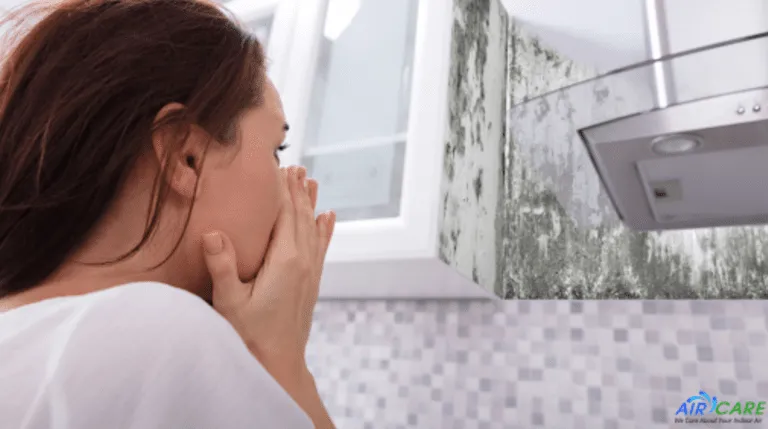
1.)While mold testing can be beneficial in certain situations, there are instances where it may not be necessary or cost-effective.
2.)Visible Mold Growth: As mentioned earlier, if you can see mold growth in your home, it is usually unnecessary to conduct mold testing. The focus should be on addressing the visible mold and implementing appropriate remediation measures.
3.)Minimal Mold Growth: If you discover a small area of mold growth, such as a patch of mold in the bathroom, it may not warrant mold testing. In such cases, immediate remediation efforts can be undertaken without the need for testing.
Limited Resources: If you have limited financial resources, spending a significant amount on mold testing may not be feasible. In these situations, it may be more practical to allocate funds toward professional remediation or preventive measures.
4.)DIY Remediation: If you are confident in your ability to safely and effectively remove mold from your home, and the mold growth is minimal, mold testing may not be necessary. However, it is important to follow proper safety precautions and guidelines when attempting DIY mold remediation.
Conclusion
The decision of whether mold testing is worth the cost depends on various factors, including the presence of visible mold, suspected hidden mold, health concerns, and available resources. While mold testing can provide valuable information and peace of mind, it may not always be necessary or cost-effective. If you choose to conduct mold testing, it is essential to hire a reputable professional who follows recognized testing protocols. Ultimately, the priority should be on addressing any mold growth and implementing preventive measures to ensure a healthy and mold-free living environment.
Get in touch
- (610) 890-6300
- info@aircareonline.com
- https://aircareonline.com
- 1510 Gary Street, Unit 1 Bethlehem, PA 18018
- Monday - Friday: 8:30 am - 4:30 pm Evenings and Saturdays: By appointment only

